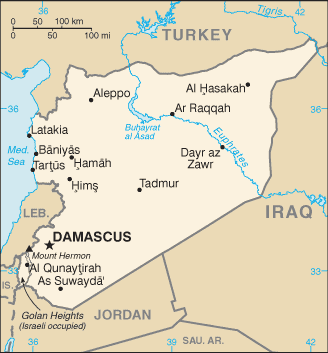The FSA conducts annual tests for #acrylamide in food products. Its survey for 2013, published this week, found high levels of the chemical in apple rice cakes from Organix, Sunny Start baby wheat flakes and Heinz breakfast banana multigrain for babies.
Also affected were crisps, cereals and some frozen potato products, which were found to be likely to develop too much acrylamide if cooked to package instructions.
When food is cooked at high temperatures, a process called the #Maillard reaction makes it brown and adds taste and crunch. However, the reaction creates acrylamide.
The chemical is also used in industry to make polymers for applications in paper making, water treatment and sealants.
(...)
The FSA’s guidelines say that consumers should cook chips only to a light gold and should toast bread ‘to the lightest colour acceptable’ to reduce exposure to acrylamide.
This week, the European Food Safety Authority (EFSA) issued similar guidelines, including warning against storing potatoes in the fridge. This increases the sugar level, which is linked to browning, it said.
It added: ‘Tests show that acrylamide in the diet causes cancer in animals. Scientists conclude that acrylamide in food potentially increases cancer risk.’
The World Health Organisation has said the chemical ‘indicates a human health concern’ when found in food.
Dr Diane Benford, an FSA specialist who heads EFSA’s committee on food contaminants, said that when acrylamide breaks down in the body, another substance called glycidamide is formed.
She added: ‘Glycidamide is the most likely cause of gene mutations and tumours seen in animal studies.’
The British Retail Consortium, which represents supermarkets, said acrylamide levels in food are falling. It added: ‘Retailers will continue to work with suppliers to limit the occurrence of acrylamide in foods.’
Cow & Gate, maker of Sunny Start, said safety is ‘incredibly important’ and it is investigating the ‘anomalous’ result.
Organix said it has reduced levels in its rice cakes since the tests and there is ‘no cause for concern’. Heinz said its affected baby cereal has been discontinued.





















